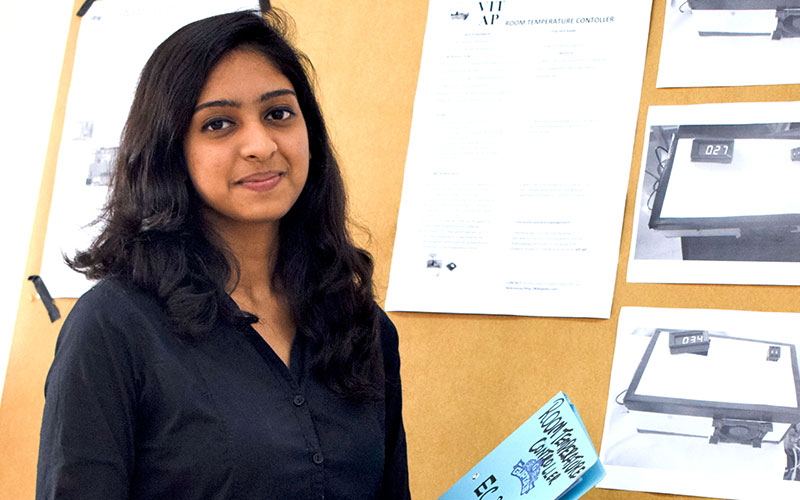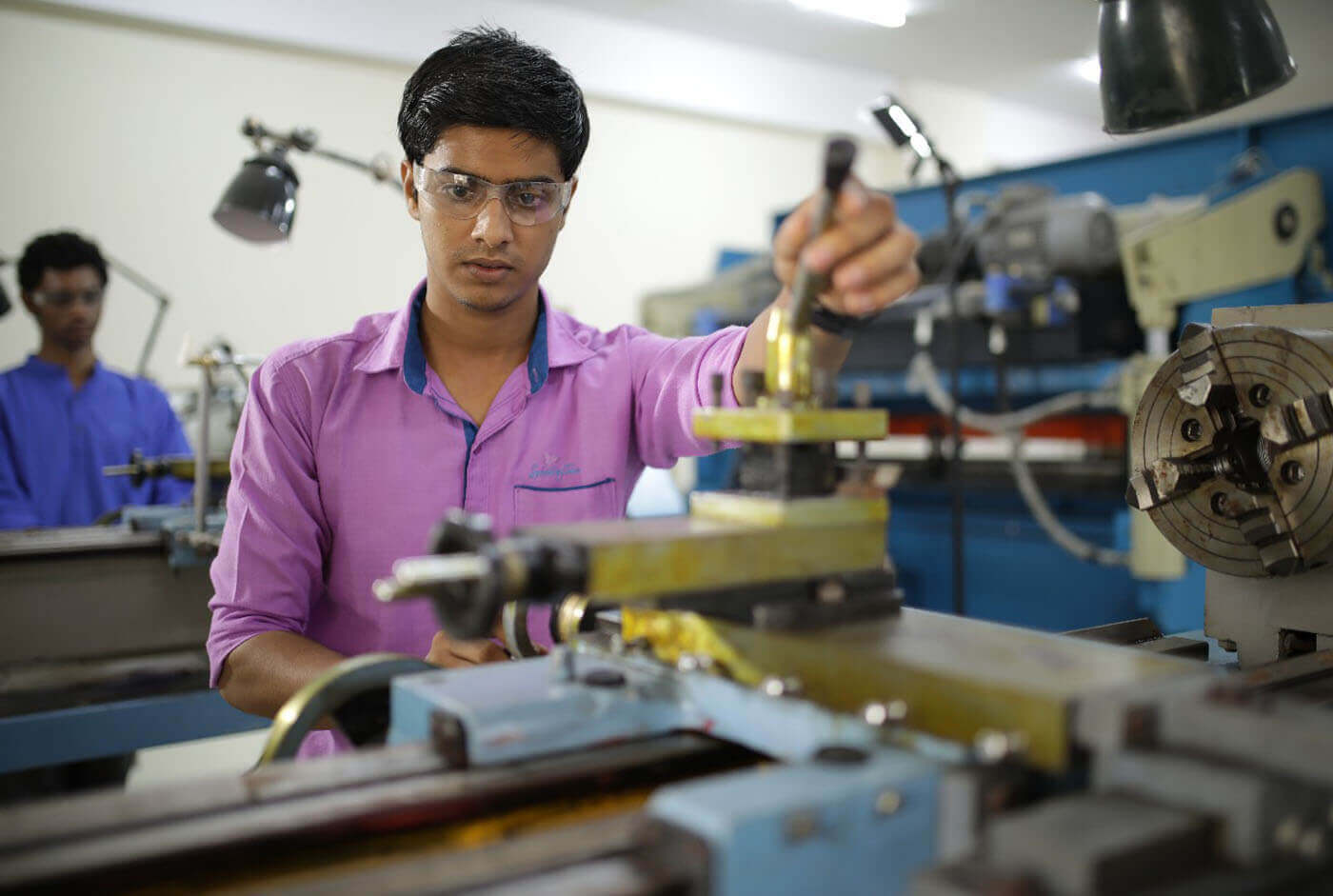About the Programme
VIT-AP in collaboration with India’s leading Company Tata Consultancy Services (TCS) is offering a four-year specialized B. Tech programme titled “Computer Science and Engineering and Business Systems”. This programme aims to impart knowledge on cutting-edge technologies and business skills with hands-on exposure to make students industry-ready. The curriculum is designed to ensure that students should get better exposure on emerging technologies namely Analytics, Deep learning, Machine Learning, Cloud Computing, and Internet of Things and Design thinking and also to develop an equal interest and appreciation towards humanity, value added science and other interrelated topics.
Eligibility
- The applicant should be a Resident / Non-Resident Indian National / PIO / OCI.
- NRI applicants can directly apply under ‘NRI Category’ through NRI application form. (https://vit.ac.in/admissions/international/overview)
- Foreign applicants who studied/studying abroad can apply directly through the International application form.(Will be available shortly)
- Applicants whose date of birth falls on or after 1st July 2002 are eligible to apply for Engineering admission 2024.
- The date of birth as recorded in the High School / SSC / X Certificate will be considered authentic.
- Applicants should produce this certificate in original as proof of their age at the time of counseling/admission, failing which their candidacy for admission will be disqualified.
Application Process
Fee
FEE STRUCTURE |
|
|---|---|
| Tuition Fees (Per Annum) | INR 1,95,000 * |
| Caution Deposit (Refundable) | INR 3,000 |
| Total fees to be paid for first year | INR 1,98,000 |
(*after concession)
Key Features
- 1. Learning common business principles.
- 2. Exploring business discipline and service orientation.
- 3. Innovative ability.
- 4. Strong human ethics and values
- 5. Understanding technology abstraction.
Career Prospectus
The B. Tech Computer Science and Business Systems programme is offered in collaboration with Industry Counterpart – Tata Consultancy Services Ltd. This programme is designed to encompass core computer science skills and specific industry requirements. The curriculum includes exclusive courses like Design Thinking, Cognitive Science & Analytics, Usability Design of Software Applications, etc., The students evolve into industry ready and become software engineers with critical skill set.
Design Your Own Degree (DYOD)
Specialization | Minors | Double Major |
|---|---|---|
Artificial Intelligence and Machine Learning | VLSI | Electronics & Communication Engineering |
Data Analytics | Image and Video Processing | Mechanical Engineering |
Cyber Security | Embedded Systems | Applied Science |
Edge Computing | Internet of Things (IoT) | Business Management |
Software Engineering | Electronics & Comm. Engineering | Economics |
Geo Informatics | Electric Vehicle Technology | Digital Humanities |
Blockchain | Digital Manufacturing | Media and Communication |
Automotive Design | ||
Robotics | ||
Mechanical Engineering | ||
FinTech | ||
Digital Marketing | ||
Econometrics | ||
Performing Arts | ||
Computational Mathematics | ||
Corporate Law |
Know Your Opportunity
About 90% of students from the CSBS department get placed. The average salary of Computer Science and Business Systems Engineer is about 5-10 lakhs per annum. This depends on the individual’s experience and the company that they are working for. The salary does increase with experience.
Programme Outcomes
1. Engineering knowledge: Apply the knowledge of mathematics, science, engineering fundamentals, and an engineering specialization to the solution of complex engineering problems.
2. Problem analysis: Identify, formulate, review research literature, and analyze complex engineering problems reaching substantiated conclusions using first principles of mathematics, natural sciences, and engineering
3. Design and development of solutions: Design solutions for complex engineering problems and design system components or processes that meet the specified needs with appropriate consideration for the public health and safety, and the cultural, societal, and environmental considerations.
4. Conduct investigations of complex problems: Use research-based knowledge and research methods including design of experiments, analysis and interpretation of data, and synthesis of the information to provide valid
5. Modern tool usage: Create, select, and apply appropriate techniques, resources, and modern engineering and IT tools including prediction and modelling to complex engineering activities with an understanding of the
6. The engineer and society: Apply reasoning informed by the contextual knowledge to Assess societal, health, safety, legal and cultural issues and the consequent responsibilities relevant to the professional engineering practice.
7. Environment and sustainability: Understand the impact of the professional engineering solutions in societal and environmental contexts and demonstrate the knowledge of and need for sustainable development.
8. Ethics: Apply ethical principles and commit to professional ethics and responsibilities and norms of the engineering
9. Individual and teamwork: Function effectively as an individual, and as a member or leader in diverse teams, and in multidisciplinary
10. Communication: Communicate effectively on complex engineering activities with the engineering community and with society at large, such as, being able to comprehend and write effective reports and design documentation, make effective presentations, and give and receive clear
11. Project management and finance: Demonstrate knowledge and understanding of the engineering and management principles and apply these to one’s own work, as a member and leader in a team, to manage projects and in multidisciplinary
12. Life-long learning: Recognize the need for and have the preparation and ability to engage independent and life-long learning in the broadest context of technological change.
Programme Educational Objectives
1. Graduates will be engineering practitioners and leaders, who would help solve industry’s technological problems.
2. Graduates will be engineering professionals, innovators or entrepreneurs engaged in technology development, technology deployment, or engineering system implementation in industry.
3. Graduates will function in their profession with social awareness and responsibility.
4. Graduates will interact with their peers in other disciplines in industry and society and contribute to the economic growth of the country.
5. Graduates will be successful in pursuing higher studies in engineering or management.
6. Graduates will pursue career paths in teaching or research
Programme Specific Outcome
1. The ability to apply theoretical foundations of Computer Science and problem-solving skills through programming techniques for complex real time problems using appropriate data structures and algorithms.
2. The ability to design/develop hardware and software interfaces along with database management to meet the needs of industry.
3. The ability to demonstrate personal, organizational and entrepreneurship skills through critical thinking, engage themselves in life-long learning by following innovations in business, science & technology
FAQs
1. Will CSE (Business Systems) Students Eligible for CSE Jobs?
A. Yes, they will be and will have the same placement opportunities.
VIDEOS
Contact Us
Dr. Anil V. Turukmane
Professor & HOD Network & Security Department
VIT-AP University, Amaravathi, Andra Pradesh
hod.ns@vitap.ac.in
0863 23700897



